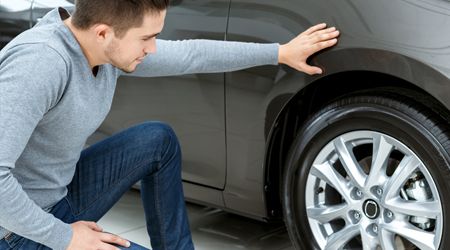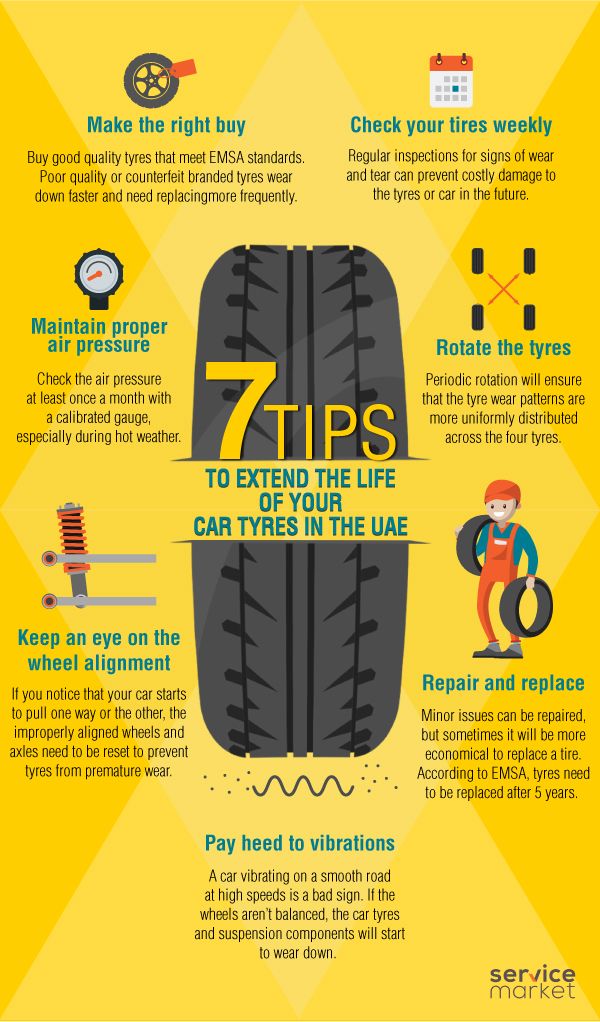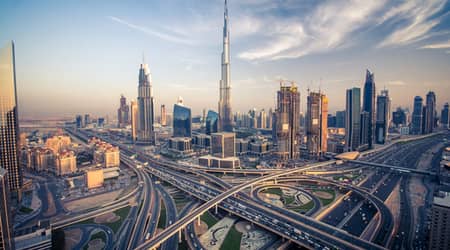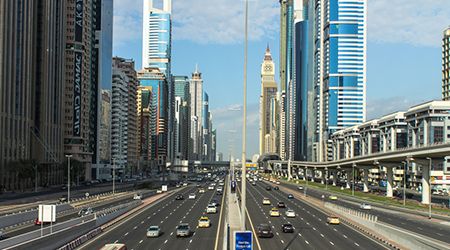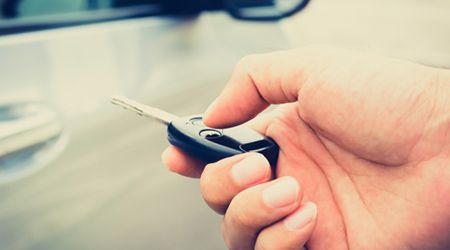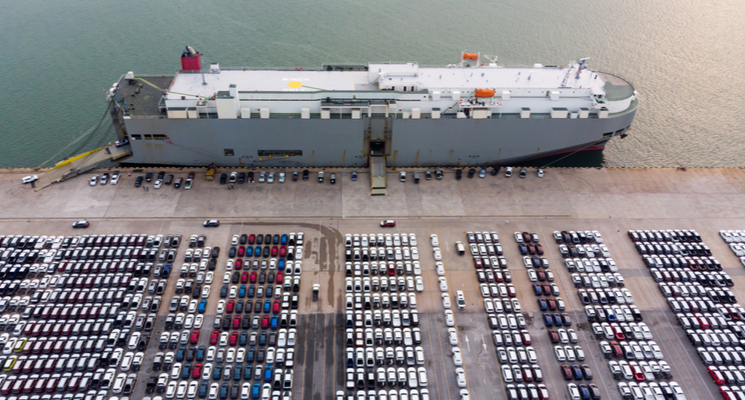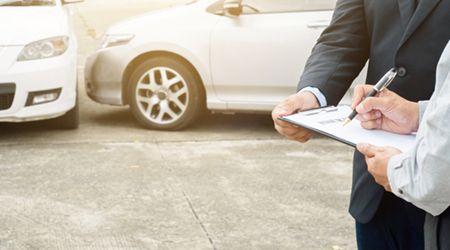When owning a car in UAE there are a number of important things you need to consider like finding the right car insurance policy and doing maintenance checks on a frequent basis. Unfortunately, car tyres often get pushed to the back of our minds and can become a huge money pit. Tyres aren’t cheap and faulty or badly maintained tyres can also pose a huge safety threat. The experts at ServiceMarket have put together 7 tips to ensure your car’s tyres have an extended lifespan in the UAE climate so that you can drive safely and confidently.
Make the right buy
When you are about to purchase tyres, do not make the mistake of buying poor quality or counterfeit branded tyres. The seller should have a certificate of origin which contains a QR code that can be scanned with an EMSA app to check for authenticity. The tyre you purchase should also meet the standards required for UAE weather – it should be a category A tyre which has a high resistance to heat, instead of a temperature B or C category tyre. According to EMSA, the tyres should be able to work perfectly in temperatures in excess of 50 degrees celsius. Although you can find cheaper tyre options, these often wear down faster and will need replacing more often, costing you more money in the long run. That said, do take the time to shop around. Buying your tyres from your car dealership is usually significantly more expensive, and you can often find the same tyres in petrol station tyre shops for much cheaper.
Check your tires weekly
Make it a habit to check your tyres for signs of wear and damage as part of your pre-drive vehicle checks. Regular inspection can detect problems that can be easily dealt with, preventing extensive or costly damage to the tyres or car. Depending on the type of wear or damage you observe, you might need to take your tyre to a specialist for repair or replace it. You also need to inspect the condition of the spare tyre regularly to avoid having a spare tire unfit for use when you have a flat.
Maintain proper air pressure
Experts recommend checking the air pressure of your tyres at least once a month, if not every two weeks, using a reliable gauge. The recommended air pressure can usually be found on a sticker attached to the door frame or fuel cover. This is particularly important in the UAE during the summers when the temperature is very high.
Rotate the tyres
Rotating your tyres periodically is essential for maintenance. Since each tyre performs a different task, the tyres wear at different rates. For example, here in UAE, drivers take left turns faster than right turns. This puts more load on the right front tyre which wears down faster. Rotation ensures that such wear pattern is distributed more uniformly across the four tyres, extending their life. It is recommended that tyres should be rotated every 10,000 kms. More conscientious car owners often rotate their tyres every 5,000 kms.
Keep an eye on the wheel alignment
While your car’s wheels don’t need periodic alignment, if you ever notice that the car is beginning to pull one way or the other, the wheel alignment may need to be reset. If left unchecked, improperly aligned wheels and axles will cause the tyres to undergo premature wear.
Pay heed to vibrations
Out of balance wheels can cause a car to vibrate on a smooth road, especially at high speeds. If you notice the vibrations, you need to get the wheels and tyres balanced immediately. Otherwise, the tyres and suspension components of your car will begin to wear down.
Repair and replace
If damage on a tyre is identified early, such as cuts in the tread, the tyre can be repaired instead of having to be replaced. However, it may not be economical to repair very old tyres. Old tyres should be replaced before they become a safety hazard. An EMSA regulation restricts the total lifespan of each tyre to five years from the date of manufacture. However, the tyres should be replaced earlier if there are obvious signs of wear and damage such as a tyre tread depth that is below 1.6 mm or cuts and cracks in the sidewall.
It is especially important to maintain tyres during the months when the temperatures in UAE are the highest. These precautions will help prevent serious safety hazards, such as tyre bursts while driving. They will also help your car pass the annual RTA vehicle test when you go for vehicle renewal. If you are looking to buy a reliable used car with good tyres, head on to CarSwitch.com, which lists certified and warrantied used cars in Dubai, Sharjah and Abu Dhabi. And remember, you can use ServiceMarket to easily compare quotes for comprehensive car insurance from the best car insurance companies in Dubai.

